Many businesses I speak to have the same problem with their systems – they don’t talk to each other. This hits them where it hurts – sapping their time – and ultimately, impacting the quality of the experiences they create for their customers or clients.
It’s a recurring story I hear from accountancy businesses in particular, and dates back to when they first started out. They iteratively began buying or subscribing to different apps to do different things, at different times.
Further down the line, they find that nothing talks to one another and it becomes increasingly hard to manage employees, clients and their workflow or tasks. They find themselves having to re-enter data multiple times, which is open to human error and wastes so much valuable time.
I’ve had the same experience with my own businesses over the years. Technology can end up dictating how you run your business rather than enabling it to run the way you want. The way I deployed technology then, would not be how I would choose to do it now.
Accountancy firms starting up today need to avoid getting trapped in this maze of disparate systems. Full suites of cloud-based compliance and practice management tools, fulfil every facet of firmwide workflows. This goes from onboarding new clients and assigning staff, to recurring tasks, right through to being able to make compliance filings with Companies House and HMRC.
Bev Flanagan, the award-winning founder of Mind Your Assets, touched upon the importance of integration when she spoke to me in our recent webinar.
She had these words of wisdom for accountants who are not benefiting from integration right now: “Get all the separate apps synchronising with each other. Make sure they flow with each other, so you are taking that manual element out.
“We have proper streamlined jobs in each of our different areas and different elements – payroll, bookkeeping etcetera. I can log into our system and know exactly where each of my team members are and what they are up to with each client at every step of the way. I didn’t have that before. That’s definitely helped and moulded my practice.”
A growing suspicion, however, among some accountants is that software vendors are trying to cut them out and go straight to their clients. The commoditisation of bookkeeping software, for example, has been a hot topic on LinkedIn lately.
Indeed, I’m a bit concerned about the potential for accountants to be side-lined by some software vendors. We’ve seen advertising messages that revolve around the fact that bookkeeping software allows the client to go direct to HMRC, for example.
I am certain that technology will never be able to replace the aggregated and hard earned insight and guidance an accountant can provide. Software tools (including the bookkeeping element) enable the client and the practice to be more efficient. They also give the accountant a unique lens into the clients’ business, helping them to provide their counsel and become a valuable growth business partner. In this way, the technology will always have a net positive. But the software and its outputs are only as good as the data provided to it. This will never be a substitute for the expertise, brainpower, business acumen and advice provided by an experienced accountant, that is so critical to helping business plan and succeed. Indeed, data in and of itself has limited value… it is only when combined with insight and experience provided by an accountant that it really can be brought to life and tell the story of what is really possible.
Want to hear about how IRIS can help accountants benefit from technological progress? Click here: https://bit.ly/31skdrM


